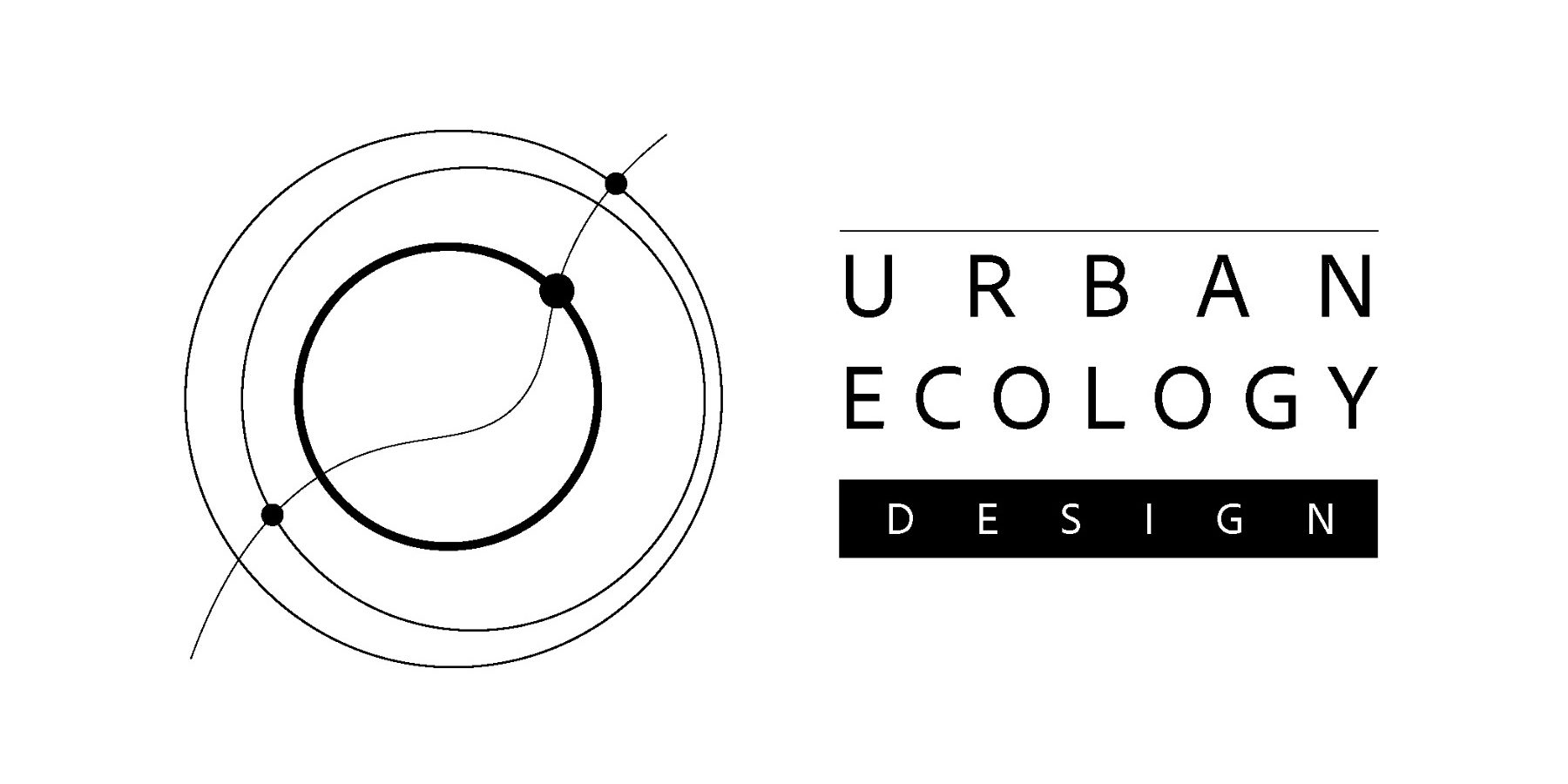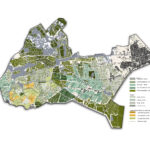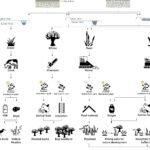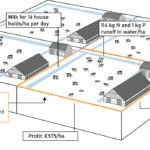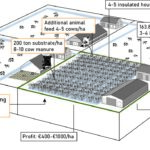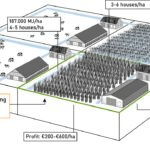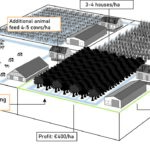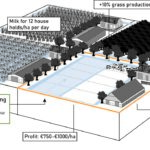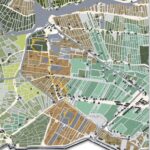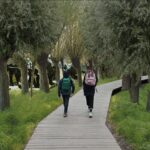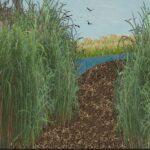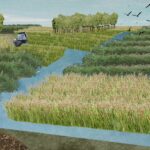Circular peat landscape
A spatial framework based on circular agriculture to relieve peat oxidation in the 'low midlands' in Friesland, the Netherlands
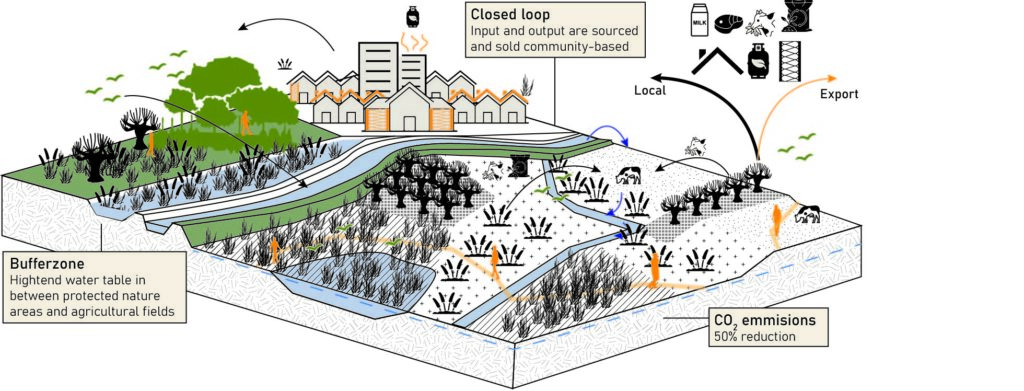
Peatlands are a rare landscape that only covers over 3% of the world’s land mass, but store nearly 30% of all soil carbon (Brooks, 2019). Peat oxidation, driven by the drainage of these wetlands for agricultural purposes, poses a severe threat to the ecological integrity of Friesland’s low midlands.
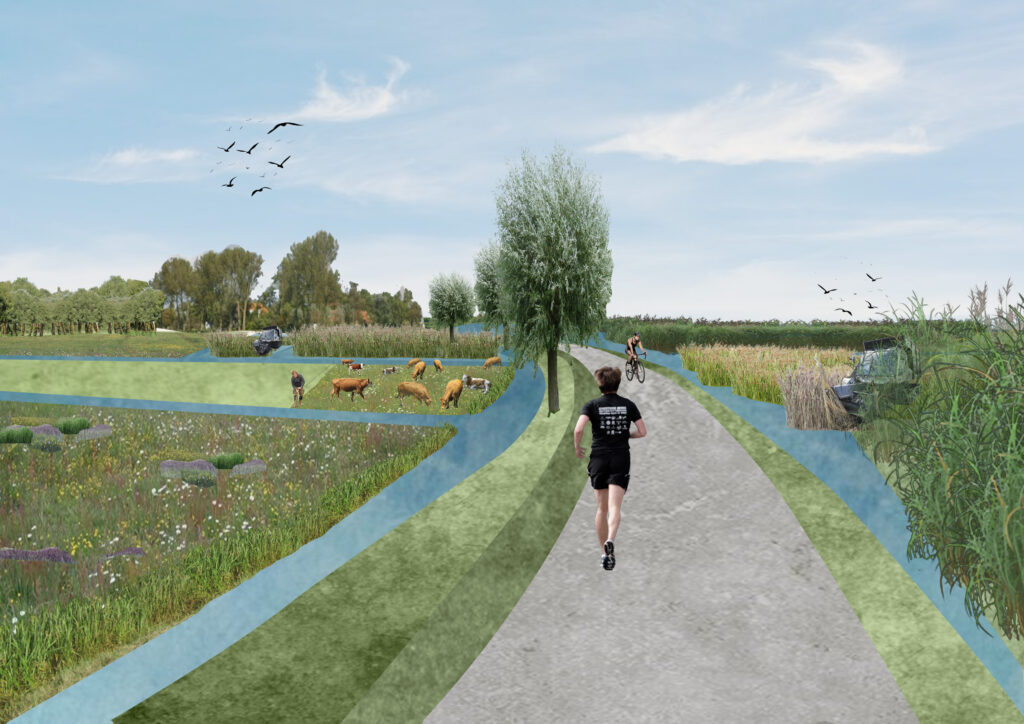
Author
Pia Bosveld
Location
Low midlands, Friesland, the Netherlands
Mentors
Dr.ir. Nico Tillie
M.J. Smit
The concept of a circular economy offers a promising solution to this complex problem. By transitioning from a linear model of production and consumption to one focused on reuse, recycling, and minimizing waste, the circular economy aims to reduce pressure on natural resources and mitigate environmental degradation. In the context of Friesland’s peatlands, embracing circular agricultural practices could offer a sustainable approach to relieve peat oxidation.
To determine if circular agriculture practices will alleviate peat oxidation in Friesland’s low midlands, the research question follows: What is the spatial framework based on circular agriculture to relieve peat oxidation in the ‘low midlands’ in Friesland, the Netherlands?
The developed spatial framework involves an integrated approach combining water management, circular crop and livestock practices, community engagement, and integrating peat ecotypes within the agricultural system.
